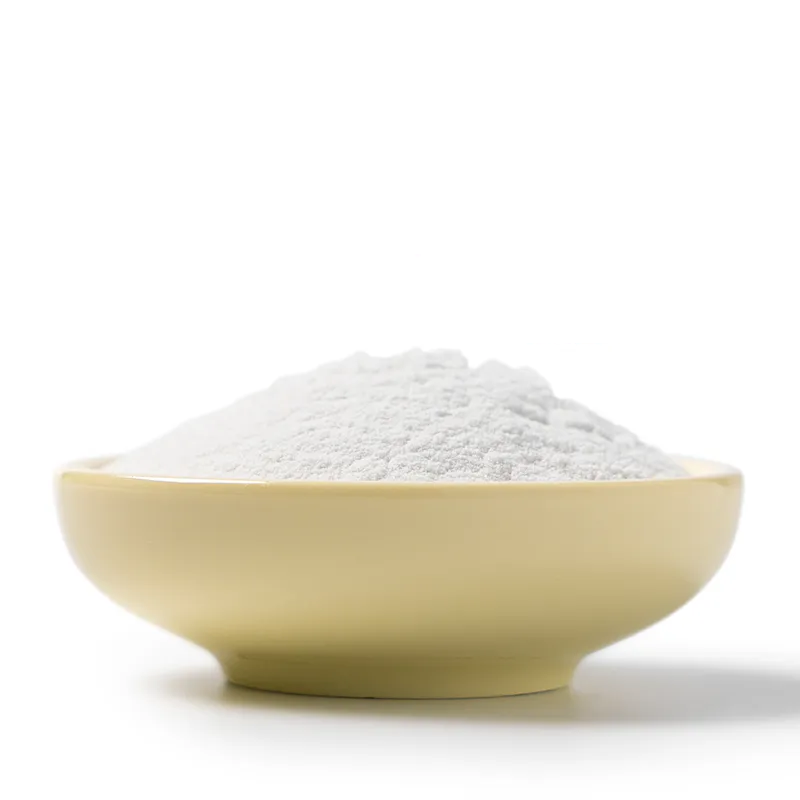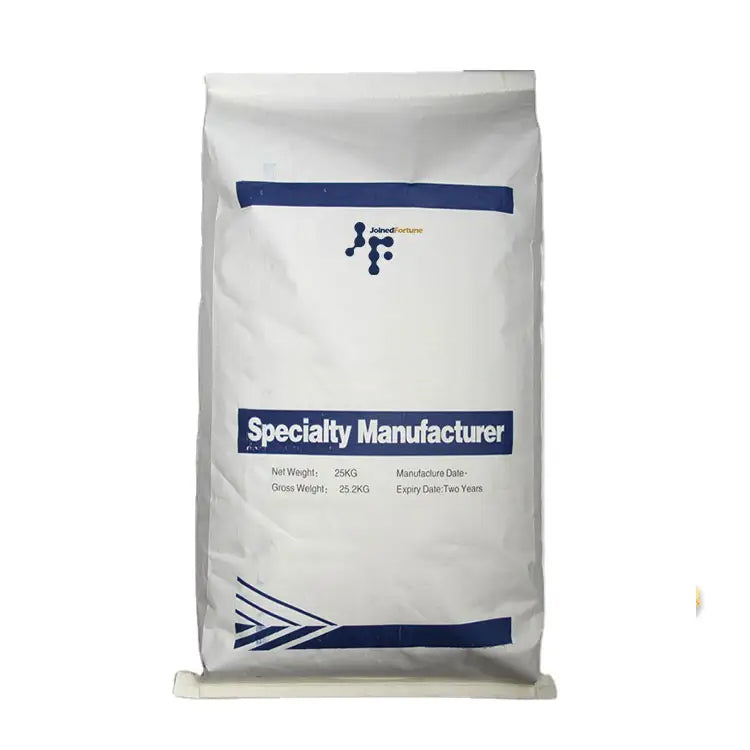Sweet Potato Starch
Sweet Potato Starch
Product Description:
Sweet potato starch is a starch extracted from sweet potatoes, a root vegetable known for its sweet taste and nutritional value. Sweet potato starch is obtained by crushing or grinding the sweet potato roots, separating the starch from the fiber, and drying it to a powder form. It is a gluten-free, white-colored powder with a neutral taste and odor.
Sweet potato starch has excellent thickening, gelling, and binding properties, making it a valuable ingredient in various food and non-food applications. It is finer and smoother in texture compared to other starches and has a high amylopectin content, which contributes to its unique functional characteristics.
Product Applications:
Food Industry: Sweet potato starch is widely used in the food industry for its thickening, binding, and stabilizing properties. It is commonly used as a thickener in soups, sauces, gravies, and desserts. It can be added to bakery products, such as bread, cakes, and cookies, to improve texture and moisture retention. Sweet potato starch can also be used as a coating for fried foods, providing a crisp and golden-brown exterior.
Gluten-Free Products: Due to its gluten-free nature, sweet potato starch is a popular choice in gluten-free food formulations. It serves as a substitute for wheat flour and other gluten-containing ingredients, providing structure and texture to gluten-free bread, pasta, and snacks.
Noodles and Pasta: Sweet potato starch is commonly used in the production of Asian noodles and pasta. It enhances the elasticity, chewiness, and translucent appearance of the noodles, resulting in a desirable texture when cooked.
Meat and Seafood Products: Sweet potato starch is often used as a binder and stabilizer in meat and seafood products. It helps improve the juiciness, tenderness, and shape retention of processed meats, sausages, and surimi-based seafood products.
Dairy and Frozen Desserts: Sweet potato starch can be used in the formulation of dairy products such as yogurts, puddings, and ice creams. It contributes to a smooth and creamy texture and helps prevent ice crystal formation in frozen desserts.
Industrial Applications: Sweet potato starch finds applications beyond the food industry. It can be used in the manufacturing of biodegradable packaging materials, adhesives, and as a raw material for the production of bioethanol.
It's worth noting that sweet potato starch offers nutritional benefits, including being a good source of dietary fiber, vitamin C, and antioxidants. These qualities make it an attractive ingredient for health-conscious consumers and those looking for natural and plant-based alternatives in their food and product choices.








